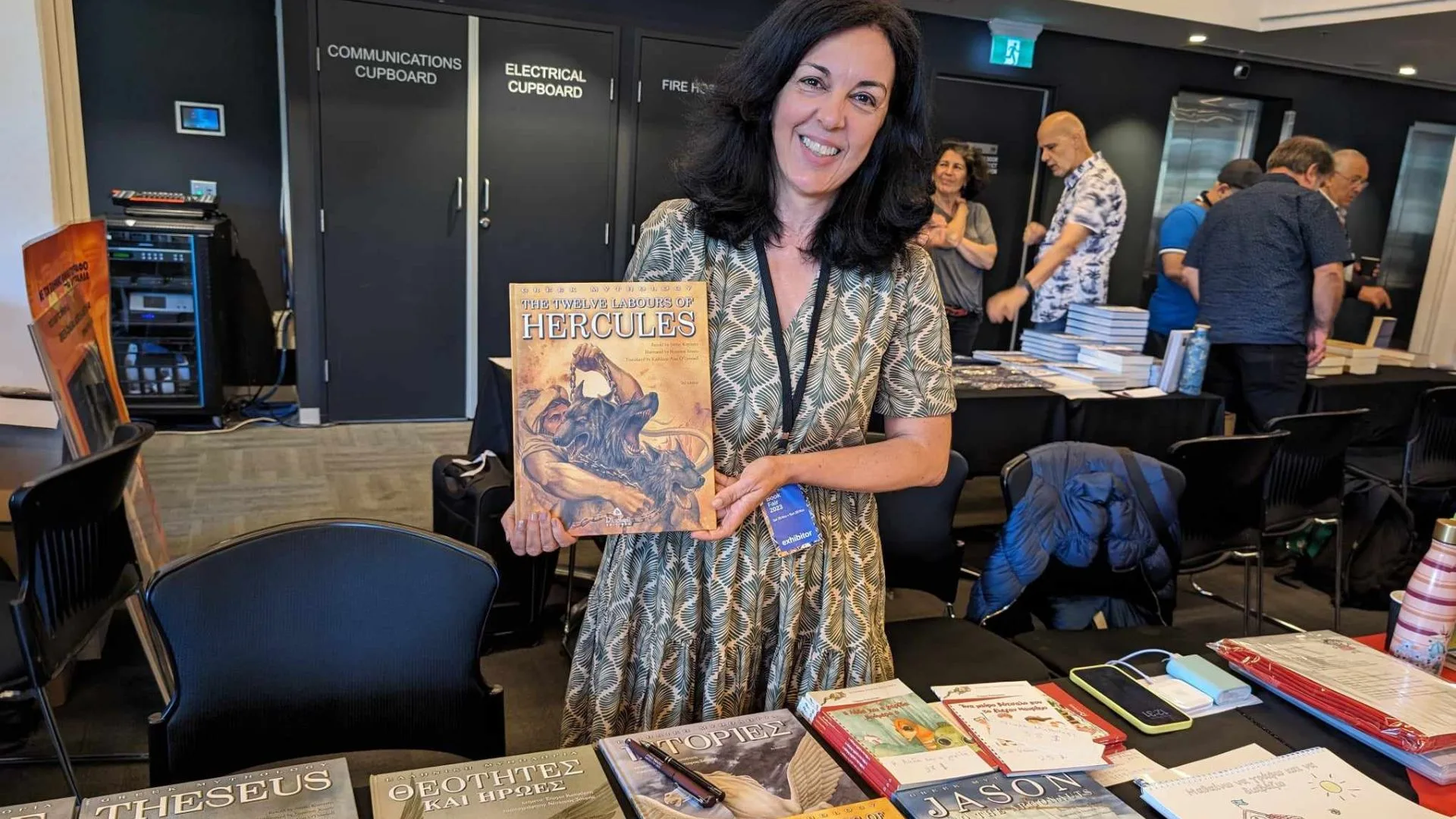The Greek government is one of the few to send some of its more qualified teachers abroad.
Acting Coordinator of Educational Affairs of the Greek Consulate of Melbourne, Moira Triantafillou, a seconded teacher herself, told The Greek Herald there are currently 10 seconded teachers in Australia and New Zealand, down from a peak of around 80 a decade ago.
“I will make every possible effort to support and strengthen Greek language education, so that the Greek language and our culture remain alive and are passed on to future generations,” Triantafillou, who assumed her role in July 2024, said.
She has been actively engaging with the community and reporting to the Ministry of Education, Religious Affairs and Sports about the situation in Australia.
These teachers play a pivotal role in preserving Greek language and culture, but face significant challenges: financial strain, bureaucratic hurdles, and the evolving nature of the Greek Australian identity.
Bouncing from school to school
Maria Harissi, a seconded teacher in NSW for eight years, has experienced the diverse nature of the work.
“I have taught all levels, from kindergarten to tertiary, including the NSW School of Languages and universities,” she said. “This mix is motivating, but you don’t know where you may be placed.”
Former seconded teacher Syrmo Kapoutsi echoed this, explaining that placements based on school needs make it difficult to decide where to rent a house.
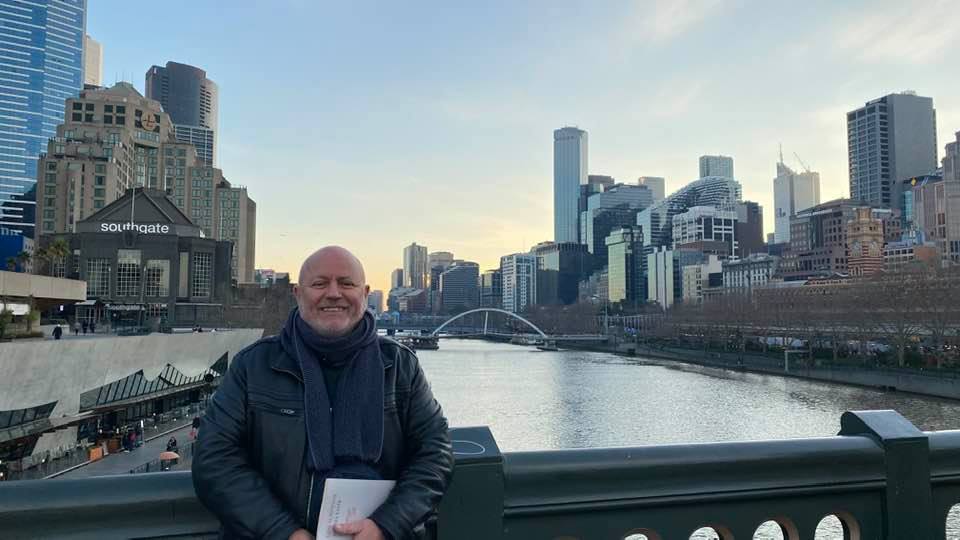
“No matter where you go, you’ll still need added time and expenses for transport,” she said.
Manos Tzimpragos, who spent 12 years in Australia, added that the agreement often restricts seconded teachers to aide roles in morning classes.
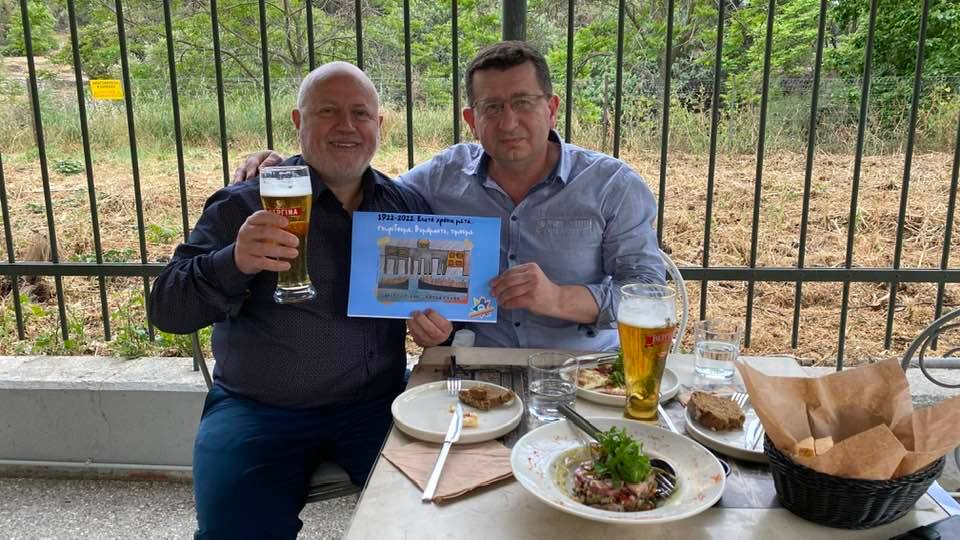
“Our colleagues are lovely, however we could be used more efficiently as highly experienced educators,” he said, remembering a secondment where he was referred to by the principal as the “intern” for four years. He notes that in Victoria, the lack of a VIT restricts their roles. Similar restrictions apply elsewhere.
Kapoutsi believes seconded teachers could contribute more broadly to educational matters, including policy.
Meeting the students
The teachers’ experiences with their students vary. Harissi felt prepared, having previously lived in Australia as a PhD student at the University of Technology, Sydney. Tzimpragos came with no expectations.
Kapoutsi, however, experienced “shock.”

“Coming here in 2019, I hadn’t expected that I would be teaching third, fourth, and fifth-generation students who have lost all contact with Greek and need to learn it as a foreign language,” she explained, adding that outdated resources are a problem she is now addressing by creating new materials for the Greek Orthodox Community Schools of Melbourne and Victoria as part of her non-seconded role.
Harissi recounted a story of a teacher who left within a week, unprepared for the range of age groups and school settings.
Tzimpragos, who also served as an advisor with other language teachers at Victoria’s Department of Education as part of his secondment, highlighted the need for more preparation.
“We had the opportunity to influence and create opportunities,” he said, lamenting that this role no longer exists.
Adapting to Australia
Adapting to Australia has been necessary for all.
Kapoutsi described the need to adjust communication styles. She shared an anecdote about a student being offended by the word “fat” during a vocabulary lesson about body shapes.
“In Greece, communication between students and teachers is more direct, and I have found myself curbing my spontaneity with both students and colleagues to better adapt to Australia’s work culture,” she said.
Financial strain
Tzimpragos, however, found the transition easy.
“I felt I came home,” he said, though noting that the cost of living was more manageable then.

“These days, with the rise in the cost of living but seconded staff teaching rates still the same, it is harder for teachers. Who will get up and go to a Australia for an amount where they won’t make ends meet?”
Harissi stated bluntly, “Were I to depend on my wage as a seconded teacher, we would not survive.”
While her initial secondment included a salary grant, renewals only include the basic salary.
Kapoutsi explained that the adjusted monthly salary (approximately 1,200 euros) doesn’t cover rent.
“Remuneration needs to be reviewed to reflect inflation,” she said, noting that the grant only applies to the first four years.
Other teachers who spoke to The Greek Herald on the basis of anonymity shared stories of having to work additional jobs to make ends meet while worrying about healthcare costs and transport expenses.
Each year, following the initial three-year secondment, contracts need to be signed annually.
“It is like being in quicksand,” Harissi said. “You never know whether you will be kept for another year. It depends on need.”
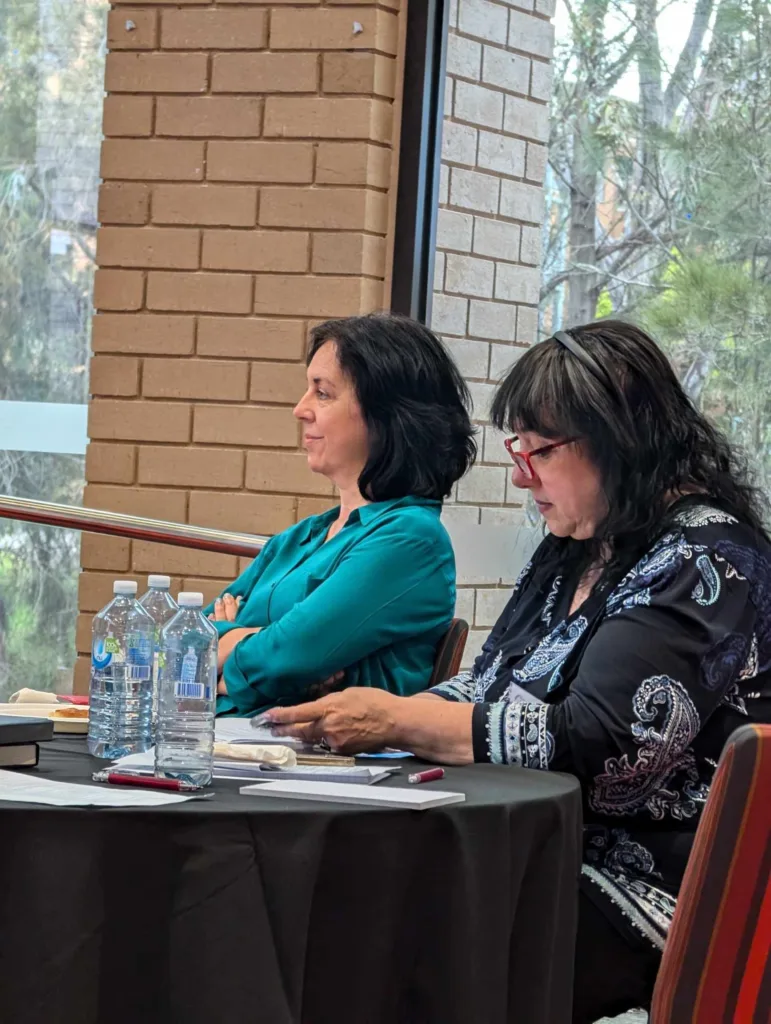
In 2011, many non-language and primary teachers had to be recalled, and as an English teacher, Tzimpragos had to return to Greece.
“Directly inspired by my first secondment in Melbourne, I went back and did post-grad studies in eLearning, and then came back a second time,” he said.
In 2015, seconded teachers wrote about their difficulties, calling for a memorandum between Greece and Australia to allow them to teach morning classes, greater stability in placements, and a decent wage. The number of seconded teachers since then has dwindled.
Kapoutsi noted that in other countries, communities sometimes help with accommodation and expenses.
Huge benefits
Despite the challenges, the seconded teachers emphasised the program’s profound benefits.
Harissi described her secondment as “opening horizons” and seeing the Greek language “thriving, living, breathing, reviving” outside of Greece.
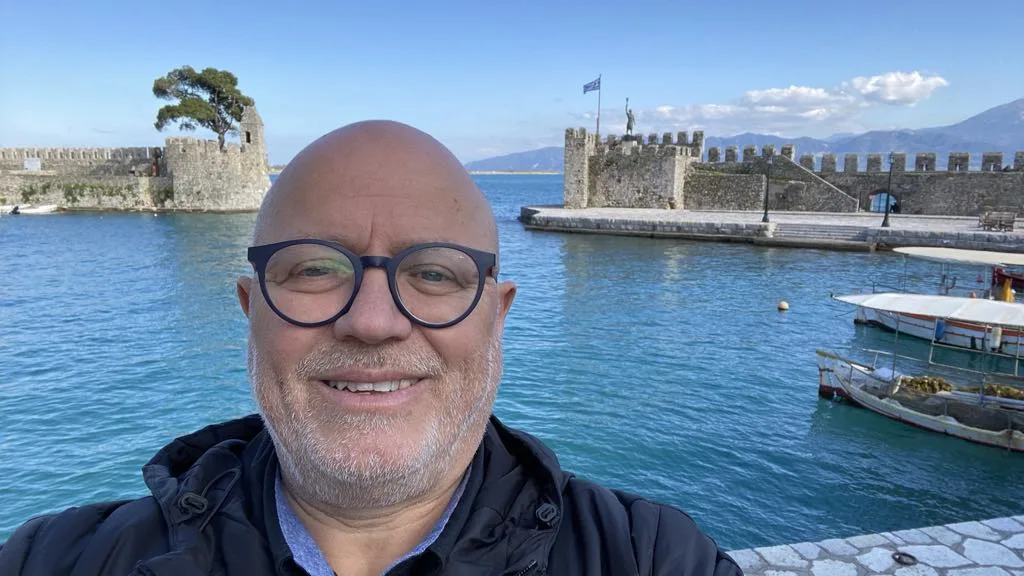
“As both a teacher and a mother of young children, I want to be part of this growth. It is important for me,” she said.
Tzimpragos felt “reborn” in Australia and believes his time there made him a better teacher.
Kapoutsi saw it as an enriching experience that allowed her to explore and understand education from all angles.
They all expressed a deep commitment to preserving Greek language and culture for future generations in Australia while enriching the Greek education system upon their return.
